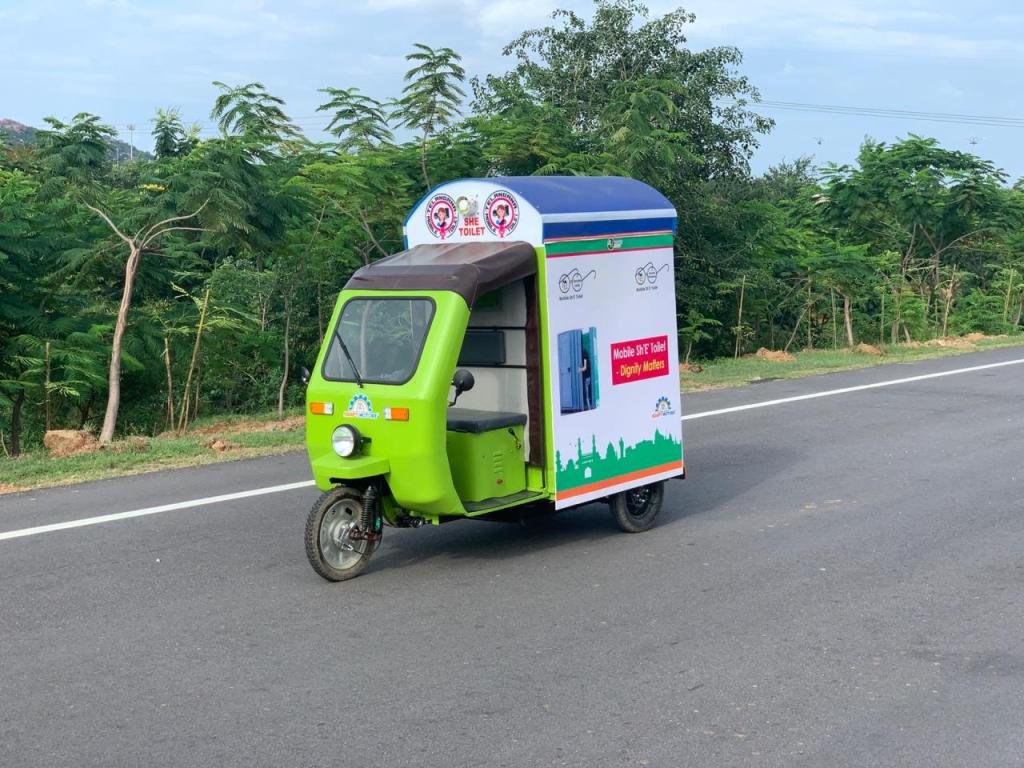Shop on Wheels

Telangana’s New Electric Vehicle Policy: A Leap Towards Sustainable Mobility
The Telangana government has unveiled an ambitious new electric vehicle policy aimed at transforming the state into a leading EV manufacturing hub in India. This initiative includes significant incentives designed to promote electric vehicles and encourage their adoption across the region.
Key Incentives for Electric Vehicles
Under the new policy, the first 200,000 electric two-wheelers will benefit from a 100% exemption on road tax and registration fees. Additionally, 5,000 electric commercial four-wheelers and 20,000 three-wheeler electric auto rickshaw will enjoy these exemptions. The policy extends its support to 10,000 electric LCVs in India, 5,000 private electric four-wheelers, and 500 electric buses.
To facilitate this growth, the government plans to establish a robust ecosystem for electric mobility vehicles, which will include essential infrastructure like charging station and battery swapping stations. This infrastructure is crucial for addressing the pollution problem in India and enhancing urban mobility. Contributing significantly to pollution control efforts across the state.
The government policies for electric vehicles in India are pivotal in driving the shift towards sustainable transportation. By offering a subsidy on electric vehicles, the Telangana government aims to alleviate financial barriers, making it easier for consumers to choose greener options. The introduction of the3 wheeler electric auto rickshaw exemplifies the state’s commitment to versatile urban mobility solutions, catering to diverse needs in crowded cities.Additionally, the focus on developing electric LCVs in India enhances the logistics sector, promoting efficiency while addressing environmental concerns. With incentives for electric four-wheelers, these initiatives collectively work to promote electric vehicles, significantly improving urban mobility in India and contributing to cleaner air in urban areas.
Focus on Manufacturing and Investment
While the Delhi government’s EV policy promotes electric vehicles as a viable alternative for urban transportation, Telangana’s strategy focuses on becoming a hub for EV hub motor manufacturers in India. Manufacturers and related industries can access a 20% capital investment subsidy capped at ₹30 crore. In addition, power tariff subsidies are available, limited to ₹5 crore, and there will be a 100% reimbursement of SGST, capped at ₹25 crore over seven years.To further support these industries, the government will cover interest costs for new firms at a rate of 5.25% for five years, with a cap of ₹5 crore. Other exemptions, such as those on stamp duty, will also be provided under this individual incentive plan to encourage investment.
Projected Economic Impact
The Telangana government anticipates attracting ₹30,000 crore in investments within the EV sector. This initiative is expected to create approximately 120,000 direct jobs and 250,000 indirect jobs, significantly boosting the local economy. To support this growth, the government plans to establish two exclusive industrial parks for EV industries across 775 acres. These parks will leverage existing infrastructure from the electronic manufacturing clusters in Telangana, enhancing the overall ecosystem.
A Divergent Approach to Electric Mobility
The contrasting strategies of Telangana and Delhi highlight different pathways to integrate electric vehicles into society. Delhi’s approach focuses on incentivizing individual consumers to switch to EVs, which is particularly relevant given the city’s severe pollution problems in India. In contrast, Telangana aims for a more comprehensive integration of electric mobility throughout the economy, requiring deeper investments and a long-term vision.
Conclusion
Telangana’s new electric vehicle policy represents a significant step towards sustainable mobility, emphasizing both consumer incentives and manufacturing support. By enhancing the infrastructure for urban mobility vehicle and promoting battery swapping, the state sets an example of how proactive policies can drive economic growth and environmental sustainability in India.

